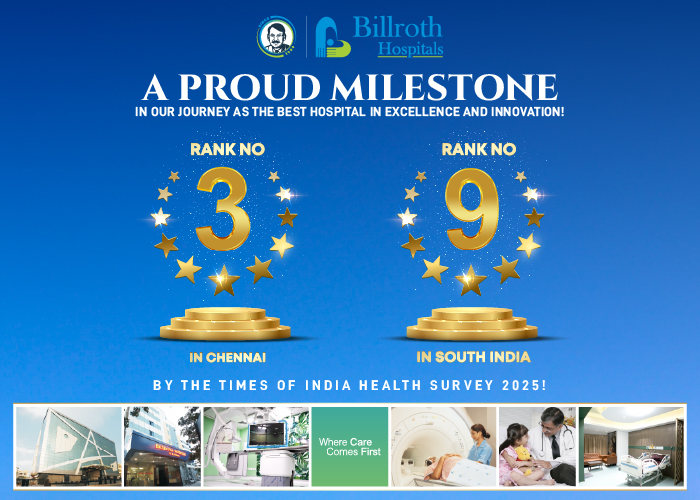World Hypertension Day – Raising Awareness for a Healthier Tomorrow
Observed annually on May 17, World Hypertension Day (WHD) is a global health initiative aimed at increasing public awareness about the dangers of high blood pressure (hypertension), its role in serious medical complications, and the importance of prevention, detection, and effective management.
Why It Matters
Hypertension, often called the “silent killer”, typically progresses without any symptoms but significantly raises the risk of heart disease, stroke, kidney failure, and other serious conditions. According to the American College of Cardiology (ACC), hypertension is defined as a systolic blood pressure of 130 mmHg or more and/or a diastolic pressure above 80 mmHg.
Globally, more than 1 billion adults live with hypertension, accounting for about 45% of the adult population. It affects people across all economic levels and becomes more common with age. A global health report states that since 1990, hypertension has remained a leading cause of death and disability. This number is expected to rise by 15–20%, reaching nearly 1.5 billion by 2025.
Recognizing this public health challenge, World Hypertension Day encourages people to monitor their blood pressure, stay informed, and take preventive steps.
________________________________________
World Hypertension Day 2025 Theme
The theme for World Hypertension Day 2025, “Measure Your Blood Pressure Accurately, Control It, Live Longer,” emphasizes the importance of regular and accurate blood pressure measurements. By monitoring blood pressure correctly, individuals can identify hypertension early and take necessary steps to manage it effectively. Accurate readings are crucial because they help healthcare professionals make informed decisions about treatment plans.
Controlling blood pressure through lifestyle changes, medication, and ongoing monitoring can significantly reduce the risks of serious health conditions such as heart disease, stroke, and kidney failure. Living with controlled blood pressure enhances overall health and contributes to a longer, healthier life.
________________________________________
Barriers to Accurate BP Measurement
Correctly measuring blood pressure is crucial, yet often hindered by avoidable patient behaviors or procedural errors, including:
• Improper posture (e.g., legs crossed, unsupported back, or arm placement)
• Talking or moving during the measurement
• Using the wrong cuff size or placing it over clothing
• Taking a single reading immediately upon arrival
• Not allowing the patient to rest beforehand
These errors may cause falsely high readings, often mistaken for “white coat hypertension”, potentially leading to unnecessary medications, side effects, and increased healthcare costs.
________________________________________
Effective Ways to Manage and Reduce Blood Pressure
Practical lifestyle modifications can significantly lower blood pressure:
• Regular physical activity
• Maintaining a healthy weight
• Reducing intake of salt, sugar, and processed foods
• Eating potassium-rich foods while limiting sodium
• Quitting smoking and limiting alcohol
• Managing stress effectively
• Ensuring adequate, restful sleep
• Including garlic or garlic supplements in the diet
• Consuming more high-protein foods
• Limiting caffeine intake
________________________________________
How Hypertension Affects Your Health
Hypertension can have a detrimental impact on several organs and systems in your body, including:
Heart: The extra strain from high blood pressure can cause the heart to enlarge, weaken, and become less effective at pumping blood. This increases the risk of heart failure, heart attack, and other cardiovascular conditions.
Brain: High blood pressure is a leading cause of strokes. It can cause blood vessels in the brain to weaken or rupture, leading to severe consequences like paralysis or memory loss.
Kidneys: The kidneys filter waste from the blood, and high blood pressure can damage the delicate blood vessels in the kidneys, eventually leading to kidney disease or failure.
Eyes: Hypertension can damage the blood vessels in your eyes, leading to vision problems or even blindness if not controlled.
Takeaway:
Hypertension is a serious health condition that demands attention, not neglect.
With the right approach, such as regular health checkups, adopting a healthier lifestyle, and following the appropriate treatment, you can effectively manage your blood pressure and lower the risk of heart disease, stroke, and kidney damage.
This World Hypertension Day, make your health a priority. Take the first step: check your blood pressure and commit to the lifestyle changes that support a healthier, longer life.
Home »
